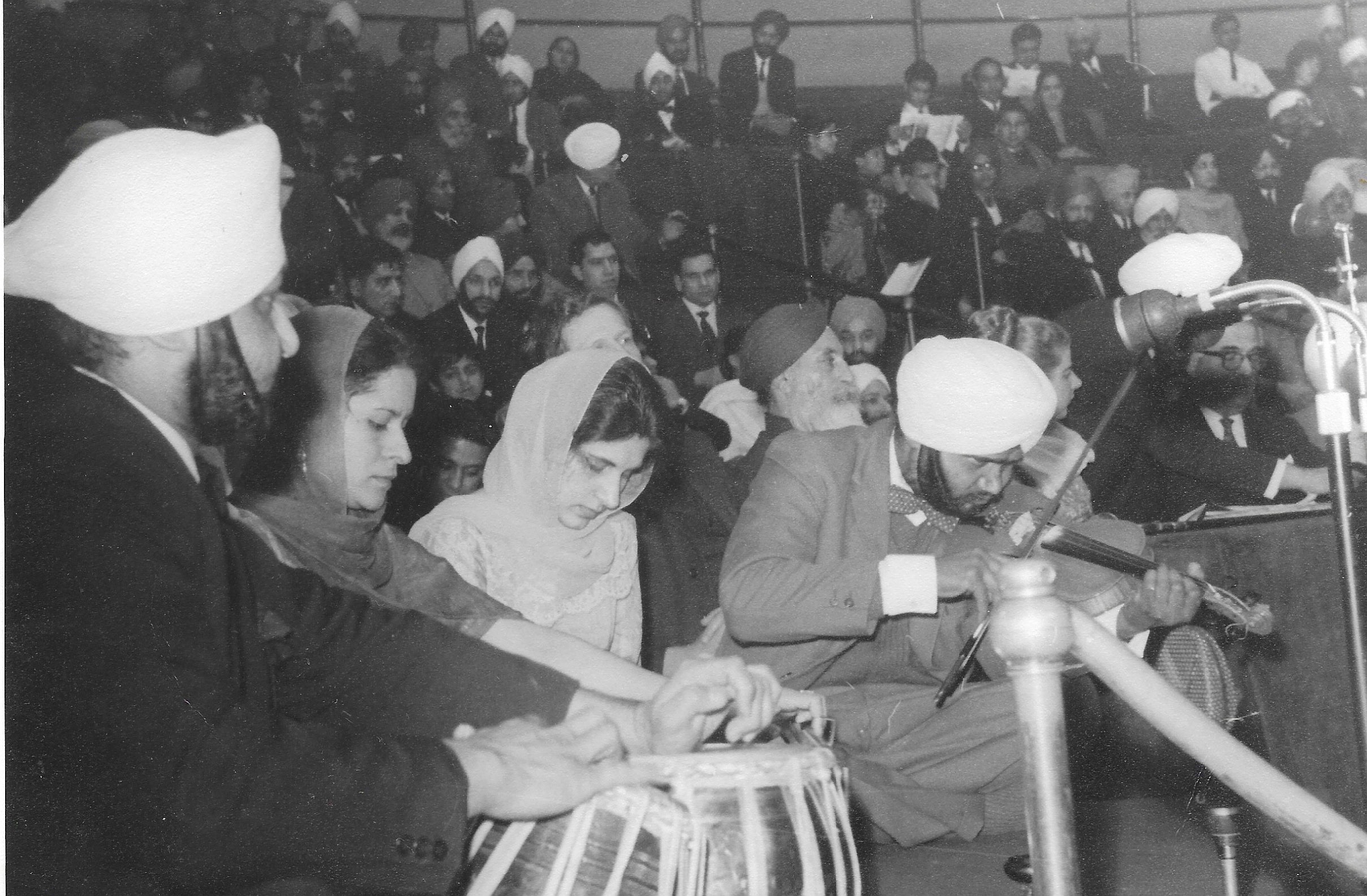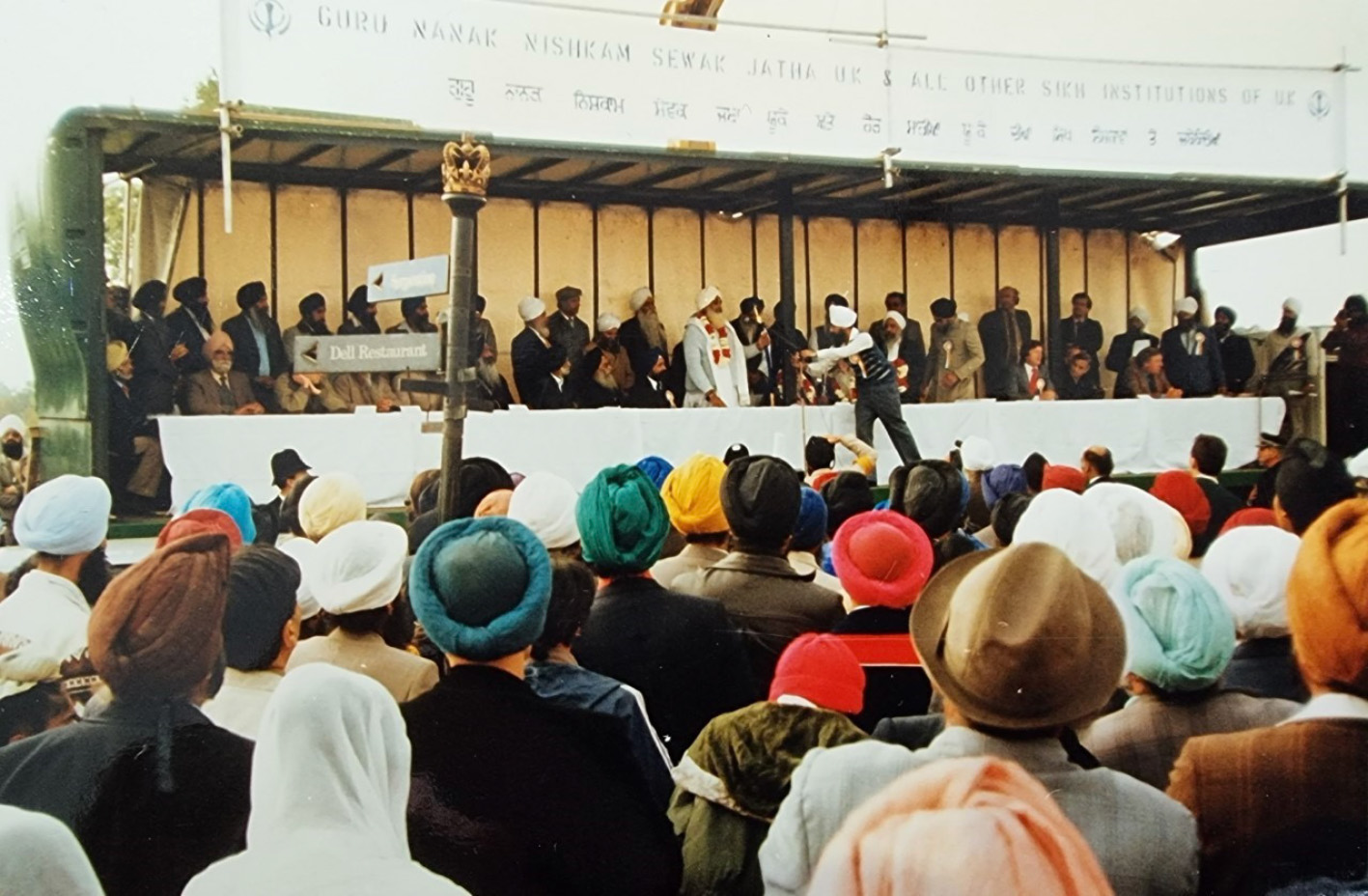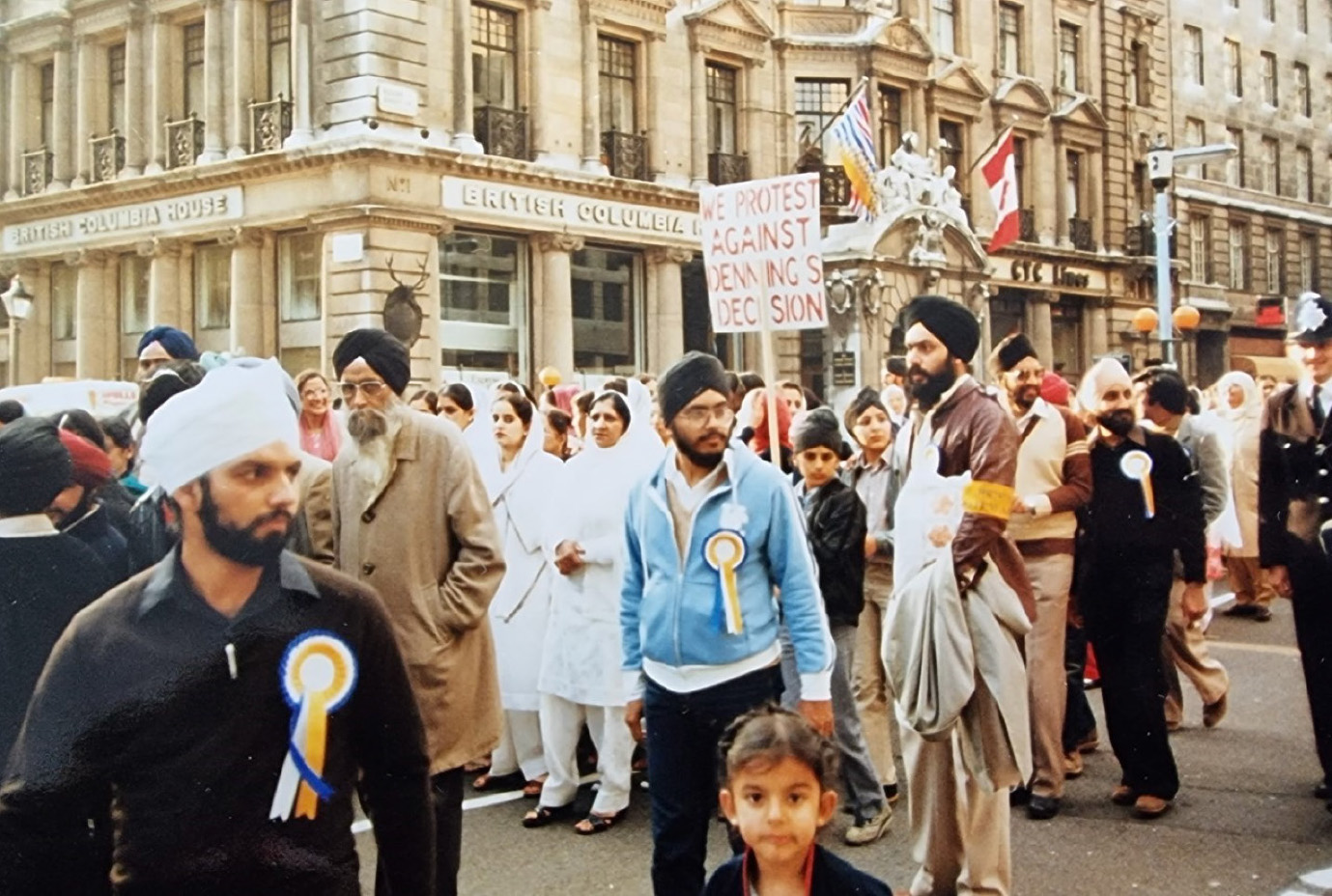SETTLING IN
THE UK
ਫ਼ੁਲਾਂ ਨਾਲ ਕੰਡੋ ਵੀ ਹੋਣੇ
Fulan nal kande vi hone.
Success comes after hard work.
Even though most African Asian migrants arriving in the UK held British passports, they did not always find a warm welcome. Sujata Jolly, Founder and Director of Clinogen Limited, describes her experience trying to find work in her field of medical research:
“Trying to get into research at that time I think for a woman was a total no-no. I applied for several jobs and didn’t get any reply. But one local company actually gave me an interview… They [took] me around the whole premises, and I was taken to where the laboratories were and HR pointed out and said, “Do you want to work there?” I thought, “What a question!” and I said “Yes!”. And she said “Do you see who’s in there?” I said “Yes, people working in the lab” and she said “no, they’re all men and they’re all white”. So there was me… a nonwhite woman, and they said the only job they could give me was on the shop floor in packing.”
Despite excellent English language skills and good qualifications, migrants to the UK often found themselves taking low paid and low skilled work due to discrimination and prejudice. High profile campaigns to change this resulted in the 1968 Race Relations Act. Once passed, this new law meant that it became illegal to discriminate against anyone because of the colour of their skin, which started to make life easier for migrant communities in the UK.



Despite this, the struggle to be accepted continued, and Sikhs had to push hard against longstanding prejudice. Even after the successful campaign by the Sikh bus drivers of Wolverhampton to be able to wear their turban in 1969, discrimination was still rife. In 1980, Sewa Mandla tried to enrol his son at a Birmingham school, but the Headmaster insisted that he cut his hair short and leave his turban at home. Mandla refused, and lodged a complaint with the Commission of Racial Equality (CRE). Although the CRE – a government body set up to investigate cases of racial discrimination – thought Mandla had a strong case, the Birmingham County Court found that the headmaster had not discriminated against the child. Mandla took the case to the Court of Appeal in 1981, where Lord Denning upheld the ruling and reiterated that no discrimination based on race had taken place at the school. There were large protests at the verdict, with many in the Sikh community feeling that discrimination was still rife and had to be fought against.
Galvanised by this support, Mandla made a final appeal to the House of Lords. In 1982, the case was won, and the Lords established that Sikhs were indeed a distinct ethnic group and therefore protected under the 1968 Race Relations Act.
“I had the benefit of coming from a family of modest origins… there was a great belief that the kids had to get educated in order to do well.”
montek singh ahluwalia